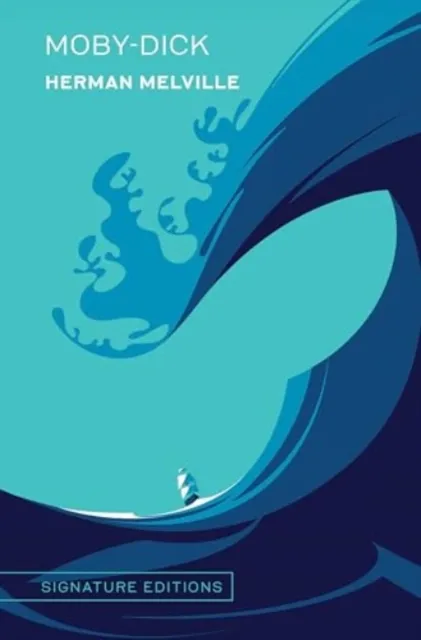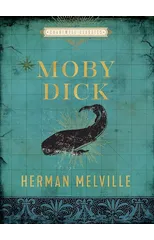"Wellingborough, as you are going to sea, suppose you take this shooting-jacket of mine along; it's just the thing-take it, it will save the expense of another. You see, it's quite warm; fine long skirts, stout horn buttons, and plenty of pockets." Out of the goodness and simplicity of his heart, thus spoke my elder brother to me, upon the eve of my departure for the seaport. "And, Wellingborough," he added, "since we are both short of money, and you want an outfit, and I Have none to give, you may as well take my fowling-piece along, and sell it in New York for what you can get.-Nay, take it; it's of no use to me now; I can't find it in powder any more."
Herman Melville
Herman Melville (1819-1891) was an American novelist, poet, and short story writer best known for his novel "Moby-Dick," a complex and symbolic work that explores themes of obsession, fate, and the struggle between good and evil. Melville's writing style is characterized by its rich symbolism, philosophical depth, and exploration of existential themes. His other notable works include "Typee," "Billy Budd," and "Bartleby, the Scrivener." Melville's contributions to literature have had a lasting impact on the development of American literature, particularly in the genre of the novel.









